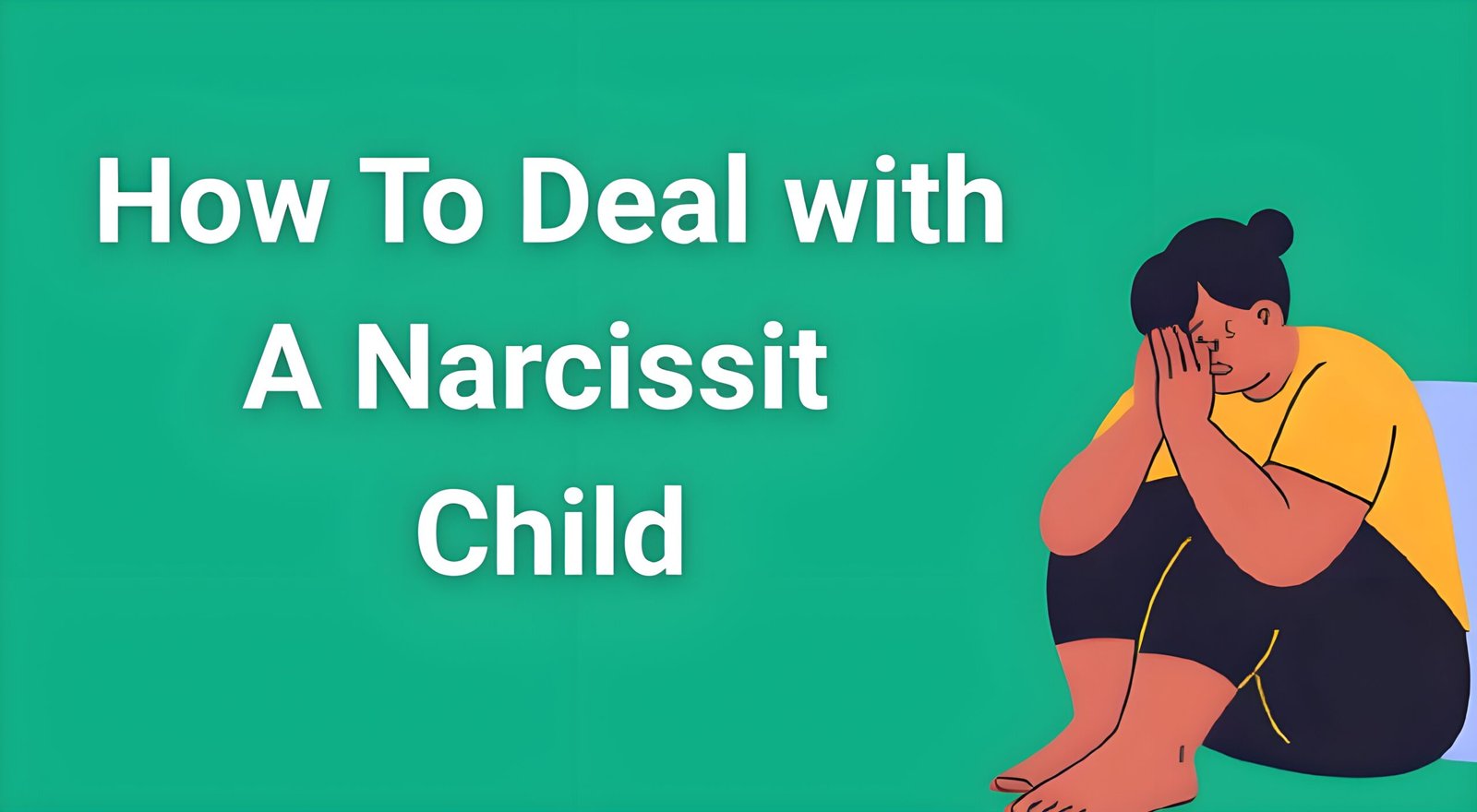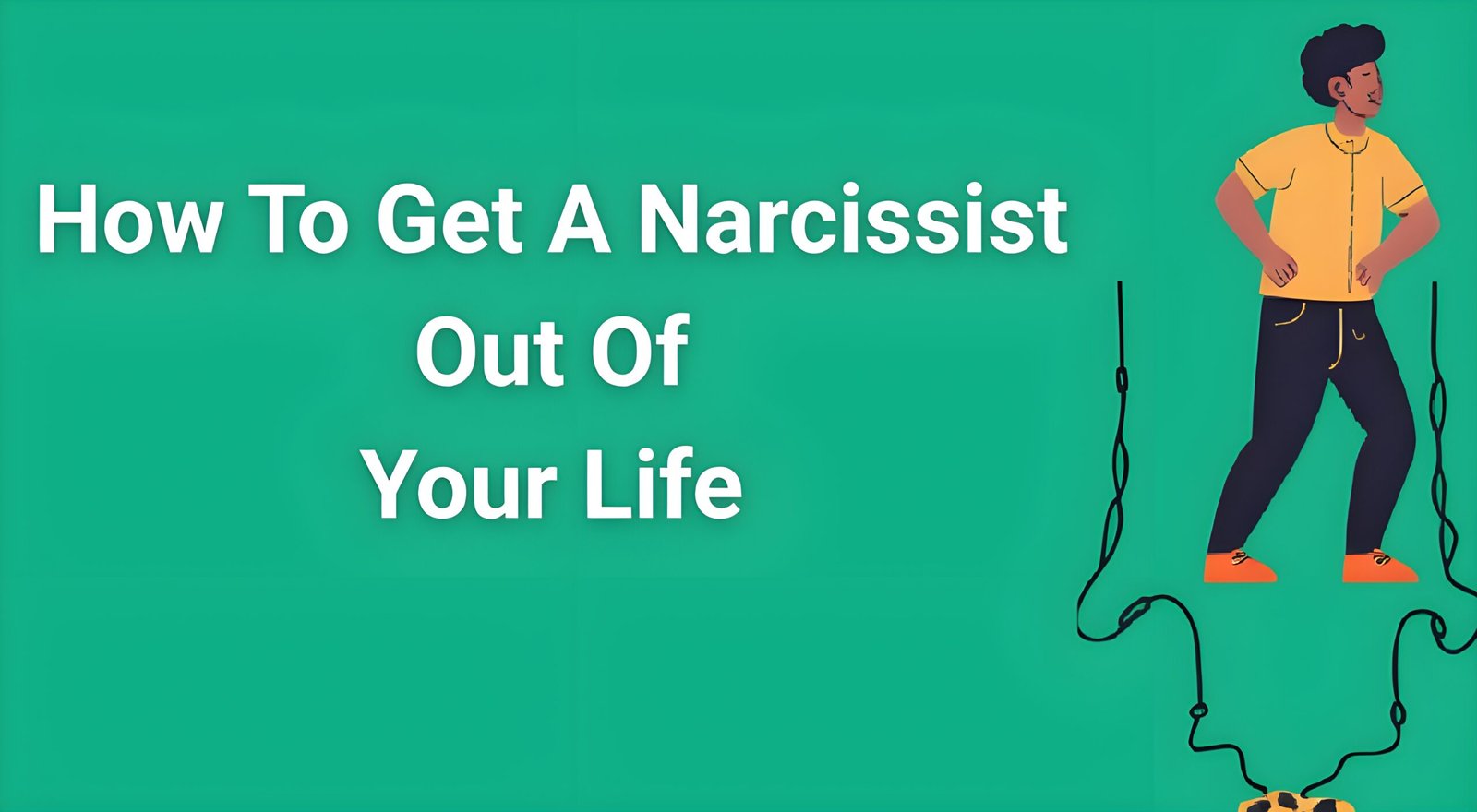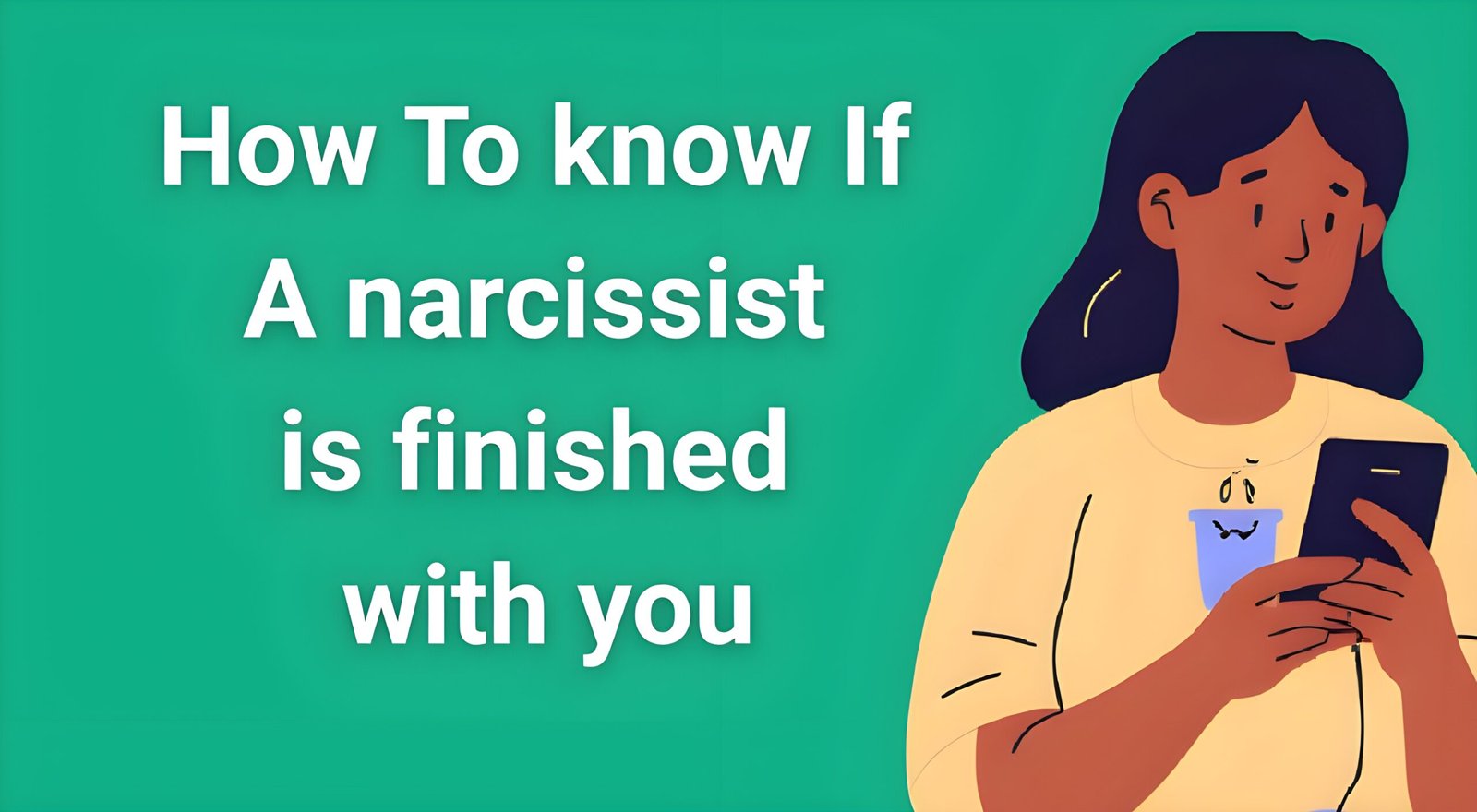Learning how to deal with a narcissist child can feel like navigating an impossible maze where every turn leads to more confusion, guilt, and emotional exhaustion. If you’re reading this, you’re likely experiencing that sinking feeling in your stomach when your child’s behavior leaves you questioning your own sanity, wondering if you’ve somehow failed as a parent, or feeling trapped in a relationship that drains every ounce of your energy.
- Understanding Narcissistic Behavior in Children vs. Normal Development
- Why Traditional Parenting Approaches Often Fail
- Effective Strategies for How to Deal with a Narcissist Child
- Special Considerations for Adult Narcissistic Children
- Protecting Your Mental Health While Dealing with a Narcissistic Child
- When to Seek Professional Help
- Breaking Free from Trauma Bonds
- Building Resilience for the Long Term
- Frequently Asked Questions
- Moving Forward with Clarity and Strength
You’re not alone in this struggle, and more importantly, you’re not imagining the difficulties you’re facing. Whether you’re dealing with a teenage child showing concerning narcissistic patterns or an adult child whose behavior has become increasingly manipulative and demanding, understanding what you’re truly up against is the first step toward protecting your mental health and finding a path forward.
Understanding Narcissistic Behavior in Children vs. Normal Development
Before diving into strategies for how to deal with a narcissist child, it’s crucial to understand the difference between normal childhood self-centeredness and genuinely concerning narcissistic patterns. All children go through phases of being self-focused – this is actually healthy and necessary for proper development.
Normal Childhood Development vs. Red Flags
Children naturally exhibit what might seem like narcissistic behavior between ages 3-6. During this phase, they genuinely believe the world revolves around them, and this egocentric thinking helps them develop a sense of identity and self-worth. However, most children gradually develop empathy and the ability to consider others’ feelings as they mature.
The concerning patterns emerge when children get “stuck” in this developmental phase or when narcissistic behaviors intensify rather than diminish with age. Unlike typical childhood self-centeredness, narcissistic patterns in children involve:
- Persistent inability to empathize with others, even when directly asked to consider someone else’s feelings
- Manipulative behavior that becomes increasingly sophisticated over time
- Explosive reactions to any form of criticism or boundaries
- Grandiose sense of self-importance that doesn’t align with reality
- Chronic blame-shifting where nothing is ever their fault
- Treating family members like servants or objects to be used
The Pain of Recognizing These Patterns
Recognizing these behaviors in your child creates a unique kind of heartbreak. Unlike other parenting challenges where you can clearly see the path forward, dealing with narcissistic patterns often feels like swimming upstream against your natural parental instincts to nurture, excuse, and protect your child.
Many parents report feeling like they’re “walking on eggshells” constantly, never knowing what mood they’ll encounter or which version of their child will show up. This chronic state of hypervigilance takes a tremendous toll on your nervous system and overall well-being.
Why Traditional Parenting Approaches Often Fail
When learning how to deal with a narcissist child, one of the most frustrating discoveries is that conventional parenting strategies not only fail but often make the situation worse. Understanding why this happens can help you release the guilt you might be carrying about your previous attempts to “fix” the relationship.
The Empathy Gap
Traditional parenting assumes that children can eventually develop empathy and remorse when confronted with how their behavior affects others. However, children with strong narcissistic traits have a fundamental empathy deficit that makes this approach ineffective.
When you try to reason with them about hurt feelings or explain how their behavior impacts the family, they often interpret these conversations as manipulation or as evidence that you’re “too sensitive.” This isn’t necessarily because they’re deliberately cruel – their brain simply processes emotional information differently.
The Reward System Backfire
Normal parenting rewards often backfire with narcissistic children because they come to expect praise and special treatment as their due, rather than understanding it as a consequence of positive behavior. This can create an escalating cycle where they demand increasingly elaborate recognition while contributing less effort.
Boundary Setting Complications
While boundaries are essential when dealing with narcissistic behavior, children with these traits are particularly skilled at testing, pushing, and finding creative ways around any limits you set. They may comply temporarily while plotting ways to regain control, or they might escalate their behavior to force you to back down.
Effective Strategies for How to Deal with a Narcissist Child
1. Shift from Emotional to Strategic Responses
One of the most important adjustments when learning how to deal with a narcissist child is moving away from emotionally-driven responses toward strategic ones. This doesn’t mean becoming cold or unloving – it means protecting your emotional energy while implementing approaches that actually create positive change.
Instead of trying to make them understand how their behavior hurts you (which feeds into their sense of power), focus on natural consequences that directly impact them. For example, if they’re disrespectful during family dinner, they can finish eating alone in their room rather than receiving a lecture about family values.
2. Master the Art of Strategic Questioning
Rather than making statements that narcissistic children can argue against or dismiss, learn to ask questions that make them examine their own behavior and motivations. This technique puts them in the position of having to think rather than simply react defensively.
When your child is being particularly difficult, try questions like:
- “What do you think you’re trying to accomplish with that approach?”
- “How is this working out for you so far?”
- “What would need to change for this situation to improve?”
These questions engage their self-interest while avoiding direct confrontation that triggers their defensive mechanisms.
3. Implement Gray Rock Techniques
The “gray rock” method involves becoming as uninteresting and unresponsive as possible during your child’s attempts to create drama or extract emotional reactions from you. This doesn’t mean ignoring them completely, but rather responding in calm, neutral tones without providing the emotional entertainment they’re seeking.
When they try to bait you into arguments or emotional reactions, respond with phrases like:
- “That’s interesting”
- “I can see you feel strongly about that”
- “What would you like me to do about that?”
This approach removes the emotional payoff they receive from pushing your buttons while keeping the interaction respectful.
4. Create Structured Choice Systems
Narcissistic children often struggle with authority but respond better when they feel they have some control over their situation. Instead of giving direct commands, offer structured choices where all options are acceptable to you.
For example, instead of saying “Clean your room now,” try “Would you prefer to clean your room before or after dinner? Your choice, but it needs to be done today.” This gives them a sense of control while ensuring your needs are met.
5. Document Patterns Without Emotion
Keeping a factual record of incidents can be invaluable for several reasons. It helps you see patterns you might miss in the moment, provides evidence if you need professional help, and protects you from gaslighting attempts where they try to rewrite history.
Record dates, times, and objective descriptions of behavior without adding emotional commentary. This documentation can become crucial if you need to make decisions about therapy, school interventions, or other support services.
Special Considerations for Adult Narcissistic Children
If you’re dealing with an adult child showing narcissistic patterns, the dynamics become even more complex. Adult children have more power to control access to themselves and potentially grandchildren, making it feel like you have fewer options.
Recognizing Financial Manipulation
Many parents of adult narcissistic children find themselves caught in cycles of financial rescue missions. Your adult child may present crisis after crisis, always with urgent deadlines and emotional manipulation designed to extract money or other resources.
Learning to say no to these requests is essential, even when it feels heartless. Each rescue reinforces their belief that they’re entitled to your resources and that you’re responsible for solving their problems.
Setting Boundaries Around Visits and Contact
Adult narcissistic children often use visits and contact as weapons of control. They might threaten to withhold access to grandchildren or themselves if you don’t comply with their demands.
Establishing clear boundaries around what behavior you will and won’t tolerate during visits protects your mental health while modeling appropriate relationship dynamics. This might mean ending visits early when behavior becomes unacceptable or requiring certain conditions to be met before visits can occur.
The Grandchildren Complication
When grandchildren are involved, the stakes feel impossibly high. Many grandparents endure abuse from their adult children because they fear losing contact with grandchildren they love deeply.
While this fear is understandable, it’s important to remember that exposing grandchildren to these toxic dynamics isn’t ultimately helpful for them either. Children learn relationship patterns from what they observe, and they’re watching how adults in their lives treat each other.
Protecting Your Mental Health While Dealing with a Narcissistic Child
Learning how to deal with a narcissist child isn’t just about managing their behavior – it’s equally about protecting your own mental and emotional well-being. The constant stress of these relationships can lead to anxiety, depression, and a sense of losing yourself.
Recognize the Trauma Response
Living with narcissistic behavior creates a chronic state of stress that can manifest as:
- Constant hypervigilance, always anticipating the next crisis
- Decision paralysis from second-guessing your own perceptions
- Physical symptoms like headaches, digestive issues, or sleep problems
- Emotional numbness or feeling disconnected from your own feelings
- Difficulty enjoying activities you once loved
Understanding that these are normal responses to abnormal situations can help you approach your healing with compassion rather than self-criticism.
Build Your Support Network
Isolation is one of the most damaging aspects of dealing with narcissistic family members. Many parents feel ashamed to admit the extent of their struggles, especially when their child appears charming and successful to others.
Finding people who understand your situation – whether through support groups, therapy, or trusted friends who’ve had similar experiences – can provide crucial validation and practical advice.
Practice Emotional Detachment
Emotional detachment doesn’t mean you stop loving your child, but rather that you stop allowing their chaos to dictate your emotional state. This skill takes time to develop but becomes essential for your long-term well-being.
Techniques for building emotional detachment include:
- Regular mindfulness or meditation practices
- Physical exercise to help process stress hormones
- Engaging in hobbies or activities that bring you joy
- Setting specific times for worrying about your child’s situation, then deliberately redirecting your attention at other times
When to Seek Professional Help
Sometimes despite your best efforts to learn how to deal with a narcissist child, the situation becomes too complex or dangerous to handle alone. Recognizing when professional intervention is necessary can save years of suffering and potentially prevent the situation from escalating further.
Signs You Need Professional Support
Consider seeking professional help when:
- Your child’s behavior includes threats of violence or self-harm
- You’re experiencing symptoms of depression, anxiety, or PTSD
- The situation is affecting your other relationships or work performance
- You feel like you’re losing your sense of reality or constantly questioning your own perceptions
- Your physical health is suffering from chronic stress
Finding the Right Type of Help
Not all therapists understand narcissistic family dynamics, so it’s important to find professionals who specialize in this area. Look for therapists who have specific training in:
- Narcissistic personality disorder
- Family systems therapy
- Trauma-informed care
- Boundary setting in toxic relationships
For parents dealing with these complex dynamics, getting an expert analysis of your specific situation can provide clarity that general advice cannot. A comprehensive clarity report can help you understand exactly what patterns you’re dealing with, why you feel so confused, and what specific steps to take next. Professional assessment provides a personalized roadmap for moving forward that takes into account your unique family dynamics and circumstances.
Family Therapy Considerations
Family therapy can be helpful in some situations, but it’s not always appropriate when dealing with narcissistic dynamics. In fact, it can sometimes make things worse if the therapist isn’t skilled in recognizing and managing narcissistic behavior within the therapeutic setting.
Before committing to family therapy, consider individual therapy first to strengthen your own understanding and coping skills. This prepares you to participate more effectively in family sessions if you choose to pursue them later.
Breaking Free from Trauma Bonds
One of the most confusing aspects of dealing with a narcissistic child is the intense emotional attachment that can develop despite the ongoing pain they cause. This attachment, known as a trauma bond, creates a neurological addiction-like response that makes it extremely difficult to maintain boundaries or emotional distance.
Understanding the Addiction-Like Pull
Trauma bonds form when periods of kindness and affection are intermixed with abuse or manipulation. Your brain begins to crave the “high” of the positive moments while becoming conditioned to accept increasingly problematic behavior in hopes of earning those fleeting moments of connection.
This isn’t a weakness or character flaw – it’s a normal neurological response to an abnormal situation. The unpredictable reward schedule creates some of the strongest psychological conditioning known to science.
Breaking the Cycle
Breaking trauma bonds requires understanding that your attachment isn’t based on the reality of your relationship, but on your hope for what the relationship could become. Healing involves:
- Recognizing when you’re making decisions based on hope rather than evidence
- Developing new neural pathways through consistent self-care practices
- Learning to meet your emotional needs through healthier relationships
- Practicing mindfulness to catch yourself when you’re being pulled back into old patterns
For many parents, working through trauma bond recovery becomes essential for making clear-headed decisions about their relationship with their child. A structured 30-day program specifically designed for breaking trauma bonds can provide the daily support and exercises needed to rewire these powerful psychological attachments. These programs offer science-based brain rewiring techniques rather than relying on willpower alone, which is why they’re often more effective than traditional approaches.
Building Resilience for the Long Term
Learning how to deal with a narcissist child is not a short-term project – it’s a long-term lifestyle adjustment that requires building sustainable coping strategies and support systems.
Developing Emotional Resilience
Emotional resilience doesn’t mean becoming hard or uncaring. Instead, it means developing the ability to maintain your emotional equilibrium despite external chaos. This includes:
- Learning to validate your own perceptions and feelings
- Developing internal sources of self-worth that aren’t dependent on your child’s approval
- Building tolerance for uncertainty and discomfort
- Practicing self-compassion when you make mistakes or have setbacks
Creating Safety Protocols
Having specific plans for crisis situations helps you respond more effectively when emotions are running high. For parents who cannot immediately remove themselves from the situation due to financial constraints, housing issues, or other circumstances, learning survival strategies becomes crucial. Understanding how to protect your mental health while remaining in a challenging environment requires specialized approaches that go beyond typical advice.
These safety protocols might include:
- Emergency contact lists of supportive friends or professionals
- Pre-written scripts for common difficult situations
- Physical safety plans if there’s any risk of violence
- Financial protection strategies if your child tries to exploit you economically
- Daily practices for maintaining emotional stability in high-stress environments
Maintaining Hope Without False Optimism
One of the most challenging aspects of this journey is maintaining hope for improvement while accepting the reality of what you’re dealing with. False optimism can keep you trapped in ineffective patterns, while complete hopelessness can lead to depression and giving up entirely.
The middle path involves hoping for positive change while making decisions based on current reality rather than potential future improvements. This allows you to remain open to genuine positive changes while protecting yourself from ongoing harm.
Frequently Asked Questions
Can narcissistic children change?
Change is possible but typically requires the individual to recognize the need for change and actively pursue treatment. Since narcissistic individuals rarely see their behavior as problematic, voluntary change is uncommon. However, some people do develop greater self-awareness and empathy with proper professional help and strong motivation.
Should I cut contact with my narcissistic child?
This is a highly personal decision that depends on many factors including the severity of behavior, impact on your health, presence of other family members, and your child’s age. Many parents find that temporary boundaries or reduced contact is more appropriate than complete cutoff, but in cases involving abuse or threats, no contact may be necessary for safety.
How do I protect my other children from narcissistic sibling behavior?
Protecting other children requires acknowledging the impact of narcissistic behavior on the whole family system. This might involve family therapy, individual support for affected siblings, clear consequences for inappropriate behavior, and sometimes separate living arrangements if the situation becomes too toxic.
What if my narcissistic child threatens suicide or self-harm?
Take all threats seriously by contacting emergency services if there’s immediate danger. However, it’s important to understand that threats of self-harm are often used as manipulation tactics. Work with mental health professionals to develop appropriate responses that take the threats seriously without rewarding the manipulative behavior.
Can grandparents get custody if their adult child is narcissistic?
Custody laws vary by location, but generally courts prioritize parental rights unless there’s clear evidence of abuse or neglect. Document concerning behavior and consult with family law attorneys who understand narcissistic abuse dynamics if you’re concerned about grandchildren’s welfare.
Moving Forward with Clarity and Strength
Learning how to deal with a narcissist child is one of life’s most challenging experiences, but it’s also an opportunity to develop incredible strength, wisdom, and clarity about what you will and won’t accept in your relationships.
Remember that you didn’t cause your child’s narcissistic traits, you can’t control their choices, and you can’t cure their personality patterns. What you can control is your own response, your boundaries, and your commitment to your own well-being.
The journey toward healthier dynamics with your child begins with understanding exactly what you’re dealing with and developing a personalized strategy for moving forward. Professional guidance can provide the clarity and validation you need to make informed decisions about your relationship while protecting your mental health.
Your well-being matters, your feelings are valid, and you deserve relationships that contribute positively to your life. Taking steps to understand and address narcissistic family dynamics isn’t giving up on your child – it’s creating the healthiest possible foundation for whatever relationship may be possible in the future.
The path forward isn’t easy, but with the right support, understanding, and strategies, you can find peace and reclaim your power in this relationship. You’ve already shown tremendous strength by seeking information and help – trust that strength to guide you toward the healing and clarity you deserve.






